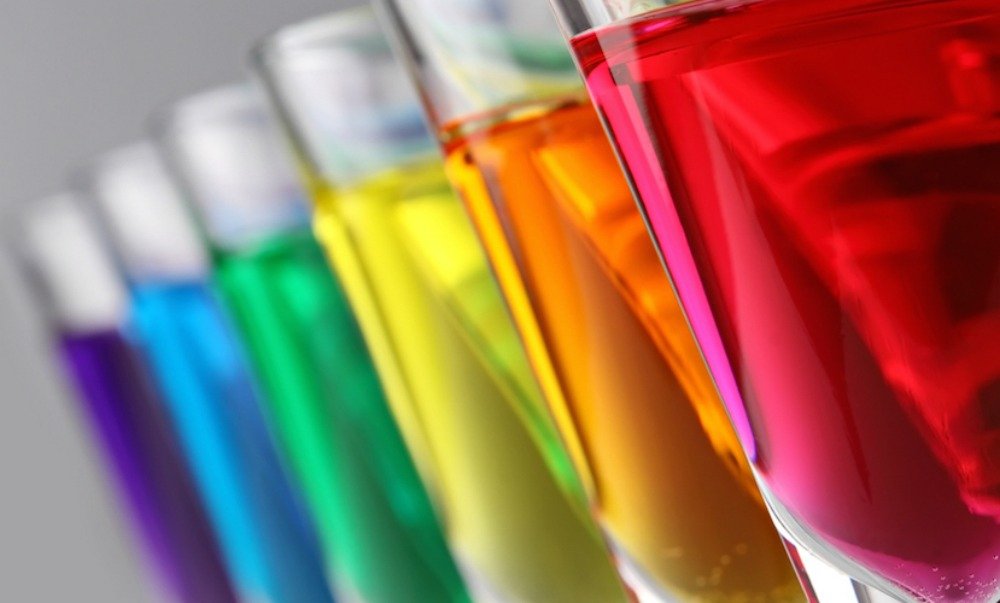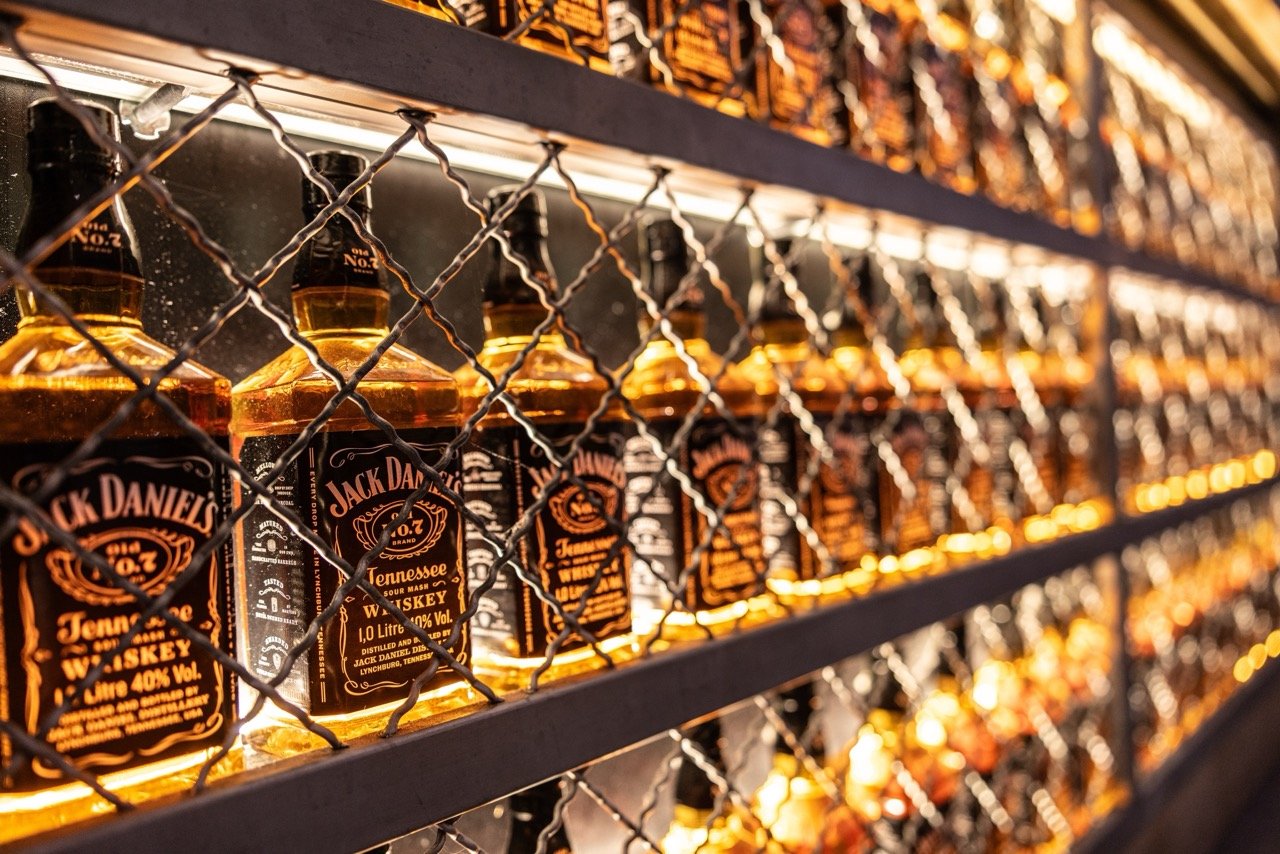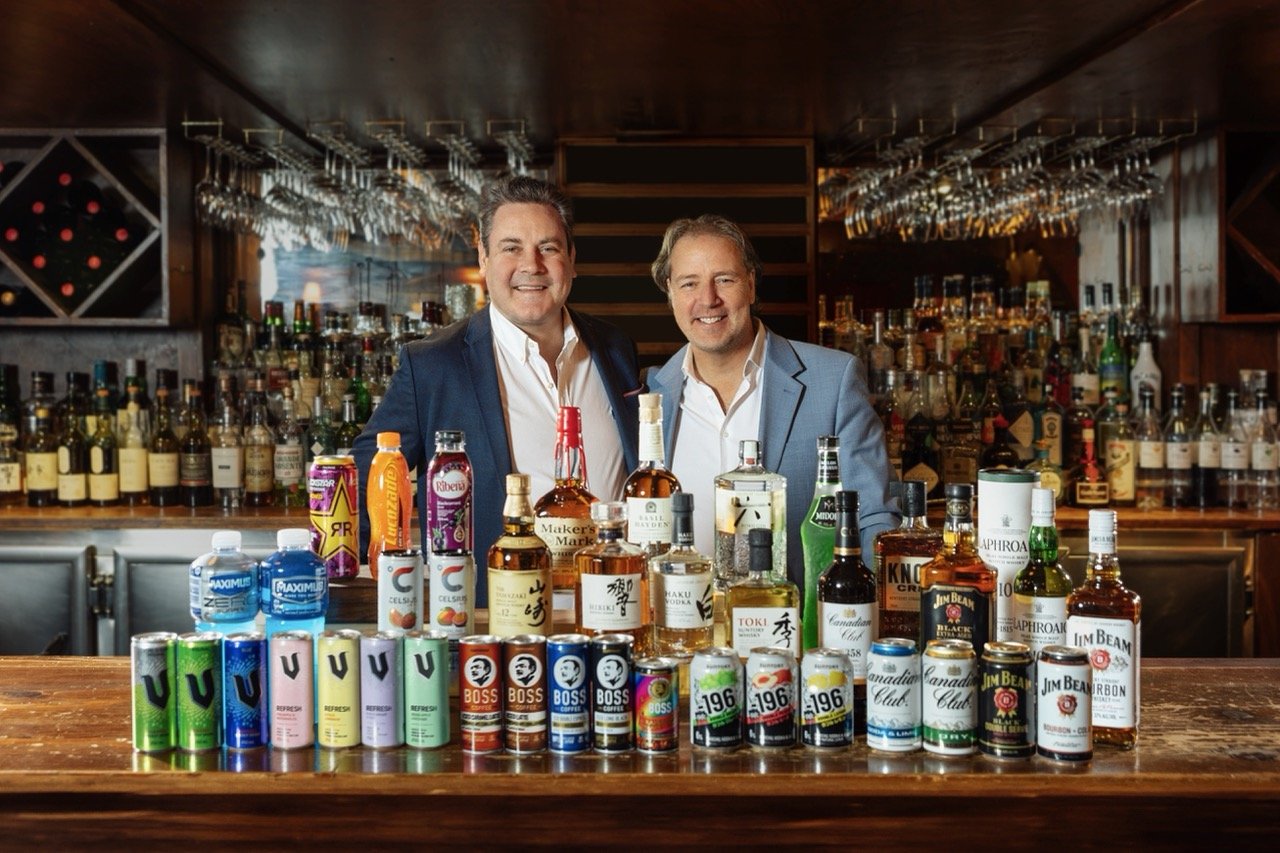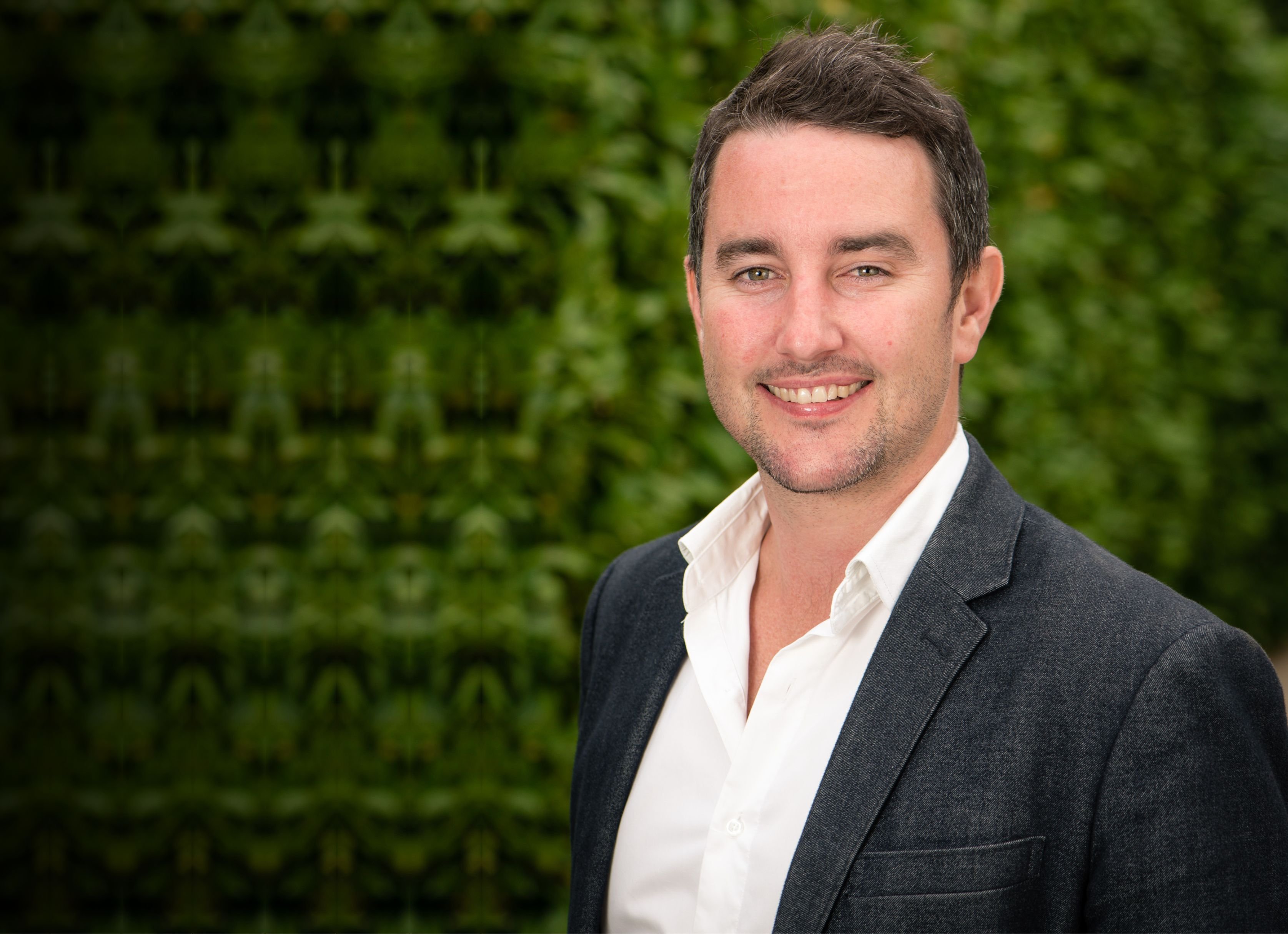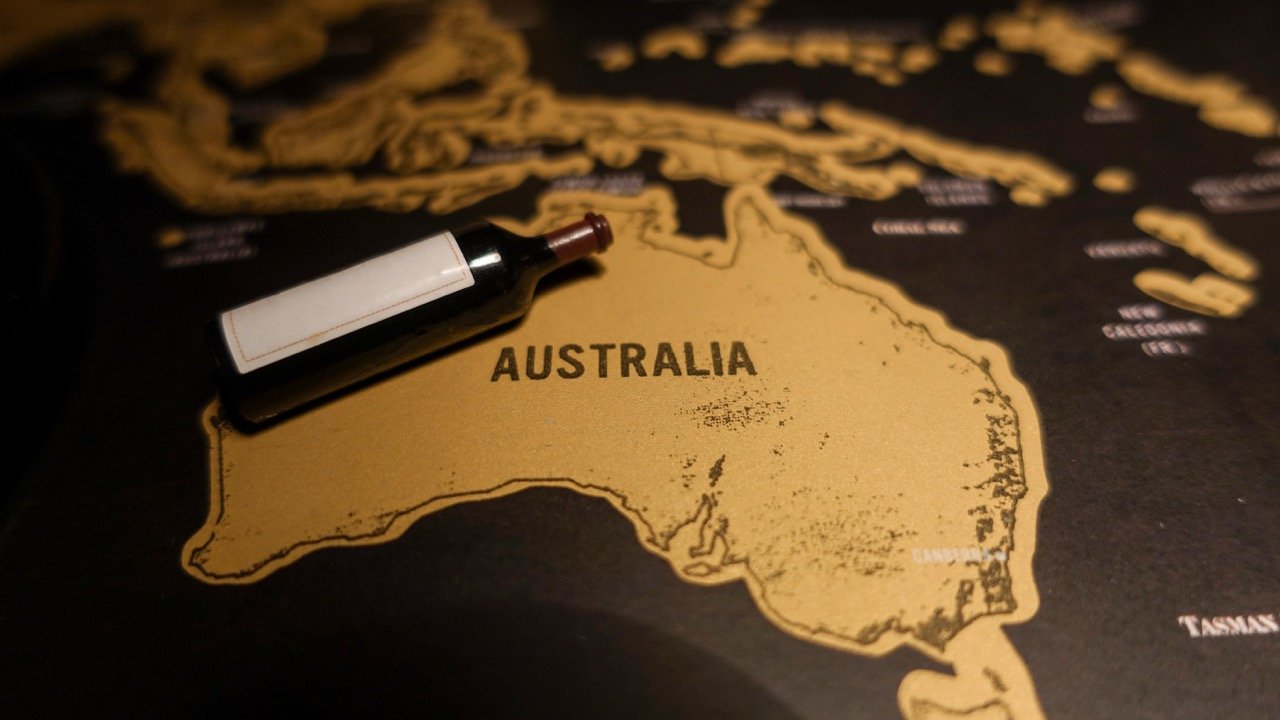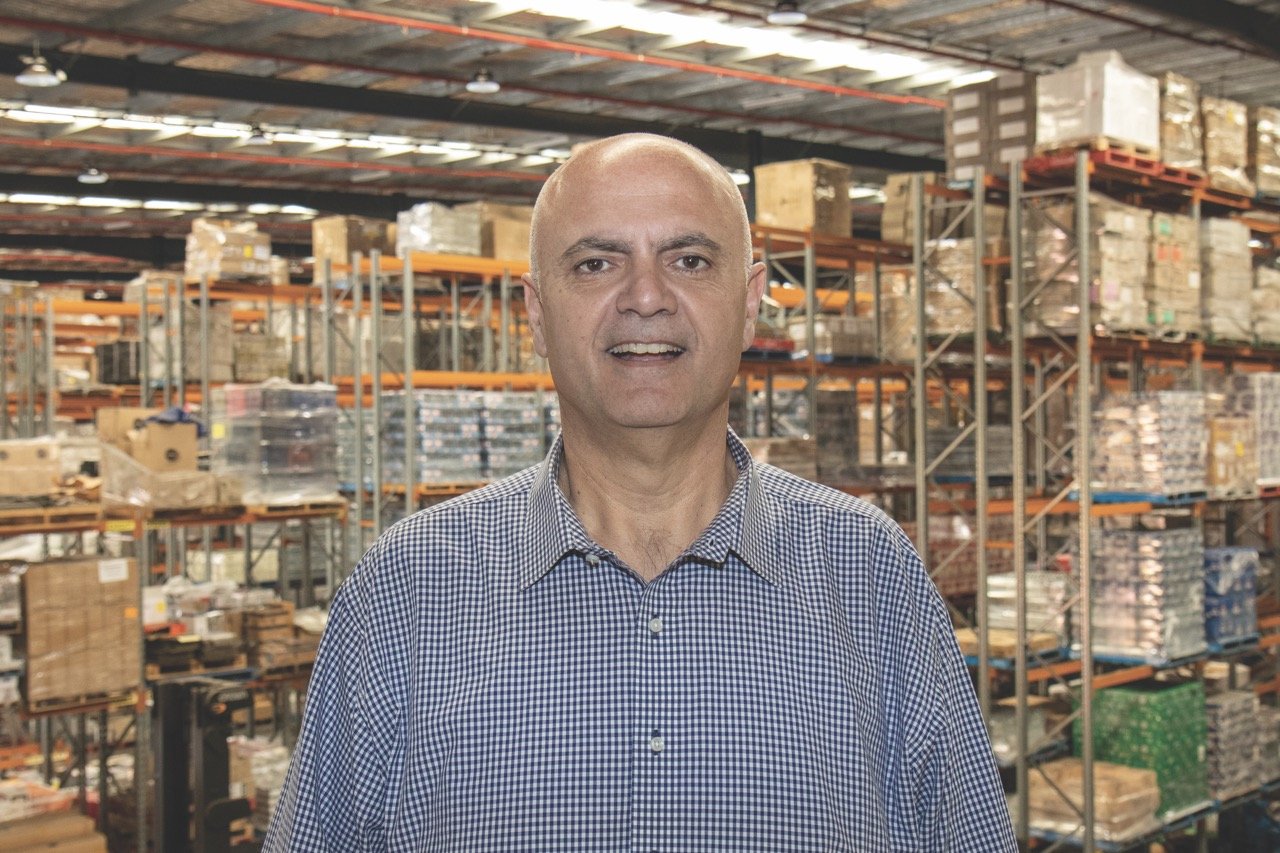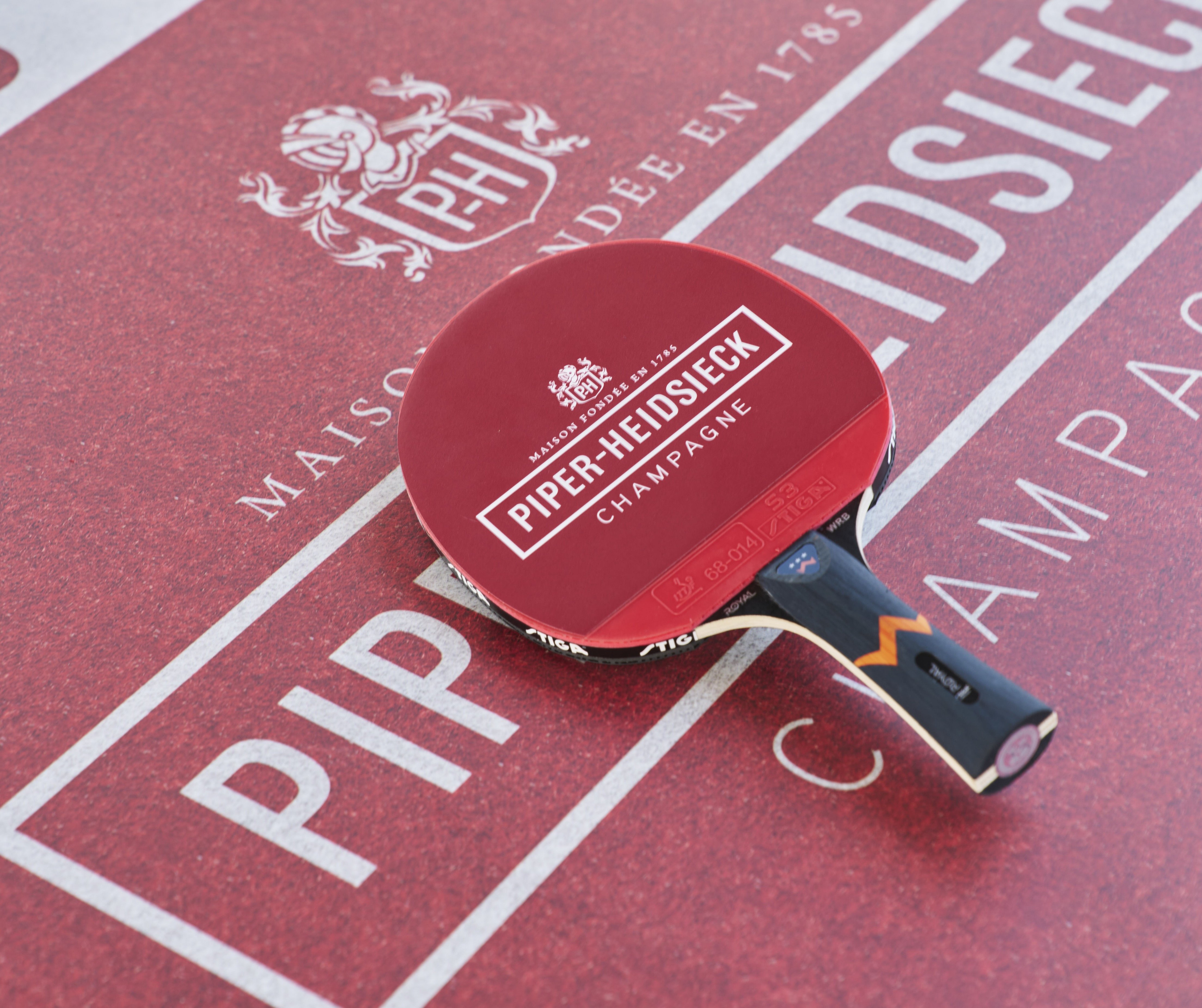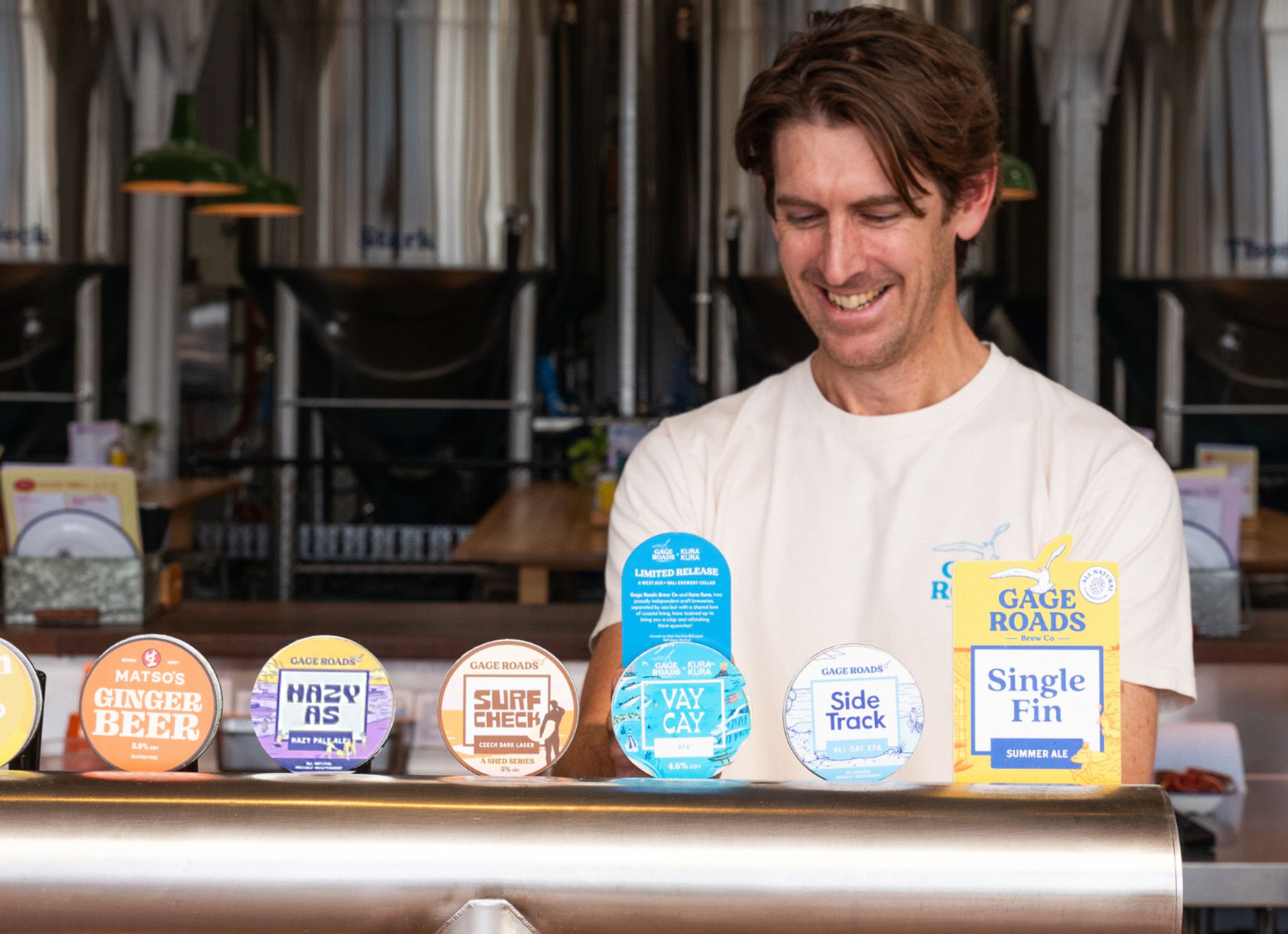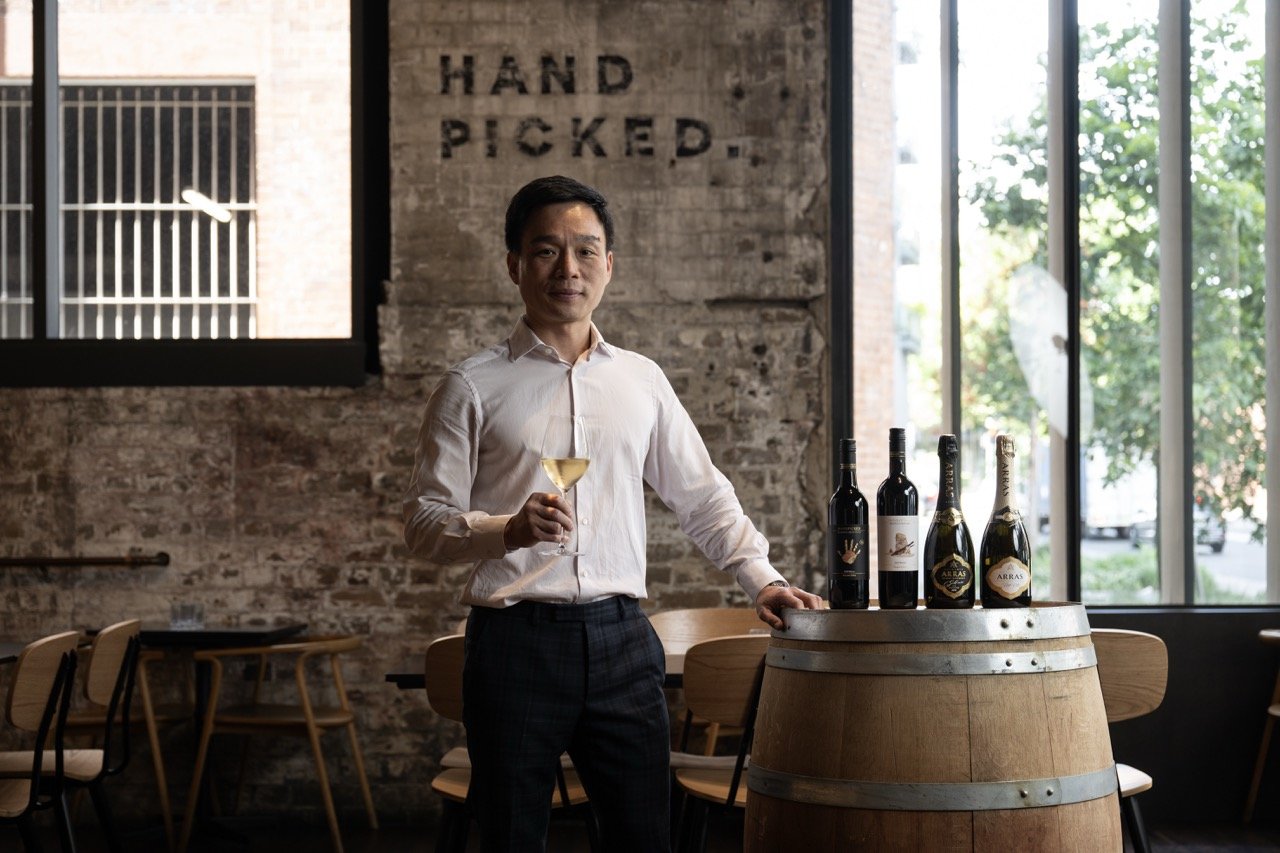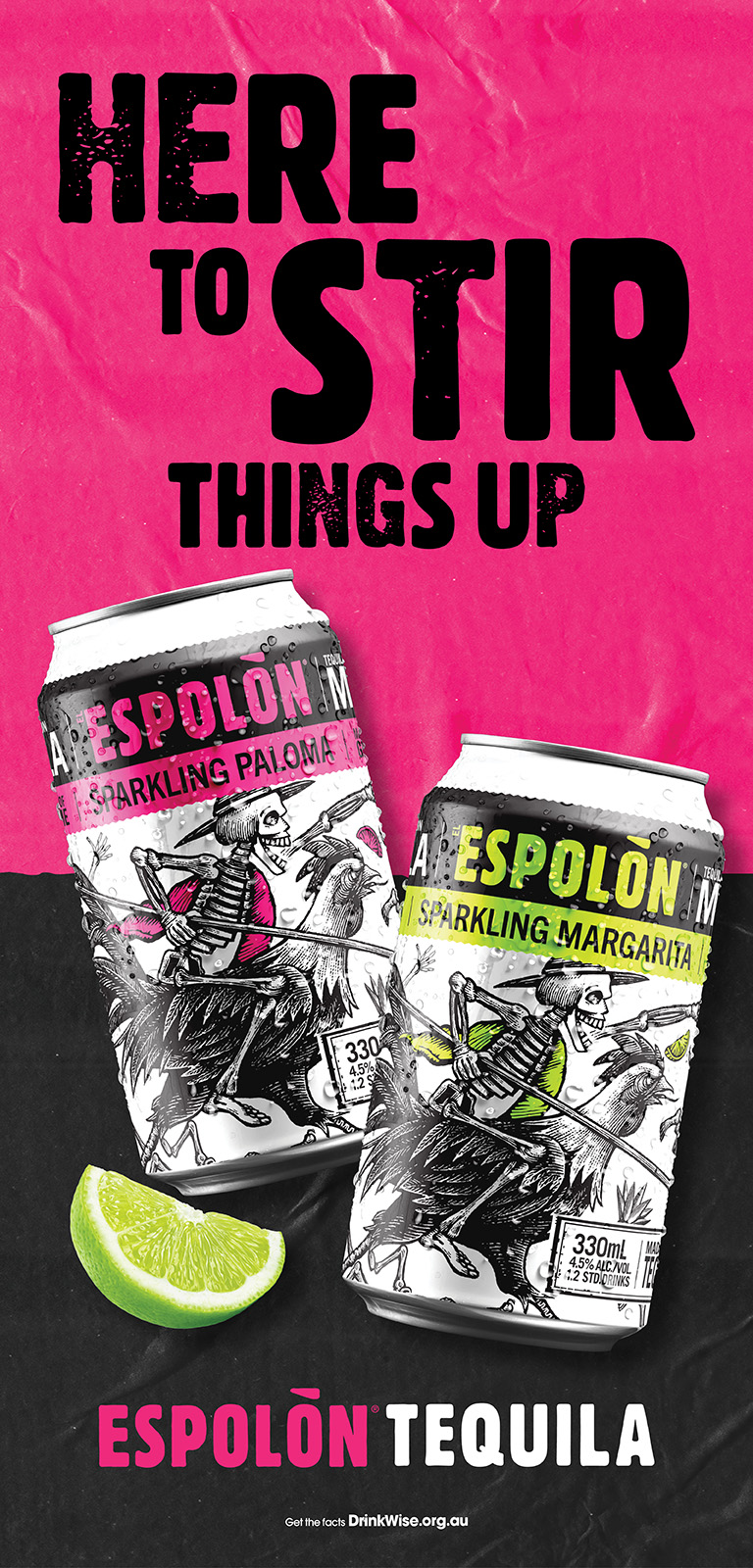A company called Alcarelle is negotiating with major drinks companies to bring synthetic alcohol to bars and liquor store shelves within five years.
Founder Professor David Nutt believes his product will transform the drinks industry, as it provides all the feel-good effects of alcohol without any of the harmful ones.
Nutt has spent years studying the way alcohol stimulates different receptors in the brain. He’s discovered that some receptors bind with alcohol to provide the positive effects we enjoy, such as feeling relaxed and sociable; while others combine to bring about negative effects such as headaches, liver damage and hangovers.
“We know where in the brain alcohol has its ‘good’ effects and ‘bad’ effects, and what particular receptors mediate that – Gaba, glutamate and other ones, such as serotonin and dopamine,” Nutt told The Guardian. “The effects of alcohol are complicated but … you can target the parts of the brain you want to target.”

Nutt said it’s possible to design a peak effect into Alcarelle, which means no matter how much you consume, you won’t get drunk. Alcarelle’s effects can also be tailored to suit different events, from business lunches to parties.
Nutt and his business partner David Orren started raising seed funding in November 2018 to bring Alcarelle to market.
Their aim isn’t for Alcarelle to become a drinks company in its own right, but to supply companies in the drinks industry with the active ingredient, so that they can make and market their own products.
Orren said industry players “are approaching us as potential investing collaborators”.
Jonny Forsyth, a global drinks analyst at Mintel noted: “The industry is increasingly investing in alcohol alternatives.
We have seen a lot of investment in cannabis … They’re looking at non-alcoholic gins and soft drinks because they know people are drinking less, and this is a trend that is going to carry on. If the science is right, and if it’s easy to mask the taste, I think it’s got a great chance.”
So, what’s next for Alcarelle? Nutt is hoping to get it regulated as a food additive or an ingredient, which would avoid the need for clinical trials.
He is currently working with food scientists to create a drink product complete with its own bottle, one of the steps needed for the product to be regulated.
“There will obviously be testing to check the molecule is safe,” Nutt added. “And we need to show that it’s different from alcohol. We will demonstrate that it doesn’t produce toxicity like alcohol does.”
Orren is quick to point out that Alcarelle isn’t aiming to replicate fine wines or single malt whisky.
“We think, once we’re approved and on the market,” he said, “we are going to see an amazing and wonderful explosion of creativity. The drinks industry employs really creative people.”
Share the content
